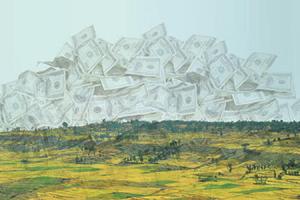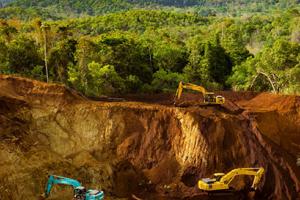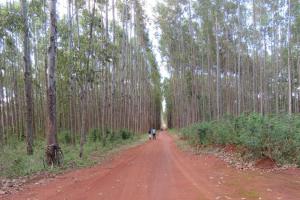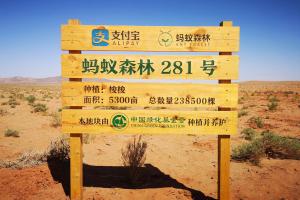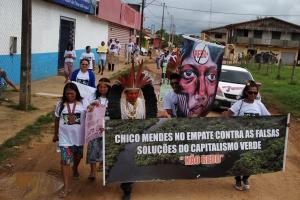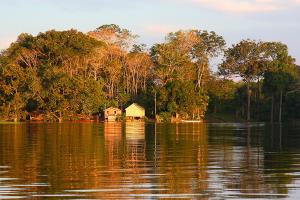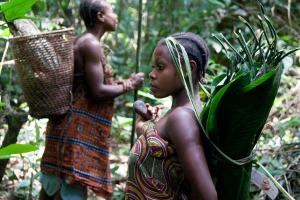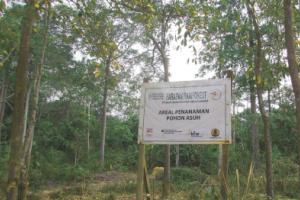Biodiversity Offsetting
The promise to offset biodiversity destruction opens the door for corporations to obtain funding and access land which would otherwise be off limits for large-scale destruction. Promises to recreate or protect habitat of "equivalent" ecological value elsewhere is even opening up protected areas and World Heritage Sites to corporate destruction. Biodiversity offsets therefore create double destruction and exploitation, since corporations control both the territories affected by industrial activities as well as those targeted for offset projects.
This text shares reflections that emerged from our discussions with women impacted by Green Economy projects in Brazil.
For the world’s richest men, the environmental crisis has finally arrived. From fleeing into outer space or fantasylands to science-fiction solutions, capitalists desperately seek fossil-fuelled business as usual to continue.
Polluting corporations tell stories about reaching “Net-Zero” emissions while planning to continue, or even increase, destruction and exploitation. Offsets are at the centre of these stories. Of late, offsetting is also being championed by the financial industry.
The development narrative continues to be revived despite its role in driving the current crisis and the millions of livelihoods it has destroyed through displacement and dispossession.
How does REDD+ fit into the development agenda in Indonesia? What are the actors involved in promoting REDD+ and with which interests? (Available in Indonesian).
In June 2019, a report from the AfDB and WWF Kenya made a call to development-funding agencies, mainly from Europe, and the World Bank, to provide aid money to a new Fund for financing 100,000 hectares of (new) industrial tree plantations, to support the potential development of 500,000 hectares, in Eastern and Southern Africa.
A historical reflection of China’s main mass tree-planting projects puts in evidence the increasingly key role of capital and market forces in rural China. The most recent one is based on the idea of “green” consumerism and benefits some of the biggest retailer and technology companies.
The tens of millions of euros that the government of Acre received from the German government for its REDD+ program failed to stop deforestation. Despite this fact several Brazilian states continue to receive funds from the German government.
The environmental, climatic and social crisis has been a reality for many for a long time. Yet, rather than acknowledging their contribution to this crisis, corporations and allies use the pandemic to amplify their push to expand Protected Areas, presenting it as a "global solution".
The conservation industry’s plan to double the size of Protected Areas (PAs) is supposed to be the solution to biodiversity loss, climate change, and now even COVID-19! Although PAs will solve none of these, if the conservation industry keeps repeating a big lie, people will eventually come to believe it.
Back in 2004, conservation NGOs and the Indonesian Ministry of Forestry pioneered with a model called Ecosystem Restoration Concessions. This article takes a closer look at this model in the context of new and old threats to forests, and the global push for “forest restoration”. (Available in Indonesian).
This editorial aims to raise a high alert with regard to the corporate agendas that dominate international forest-related processes, which appear to be entering new phases. The decisions taken have very real impacts on forest communities.



